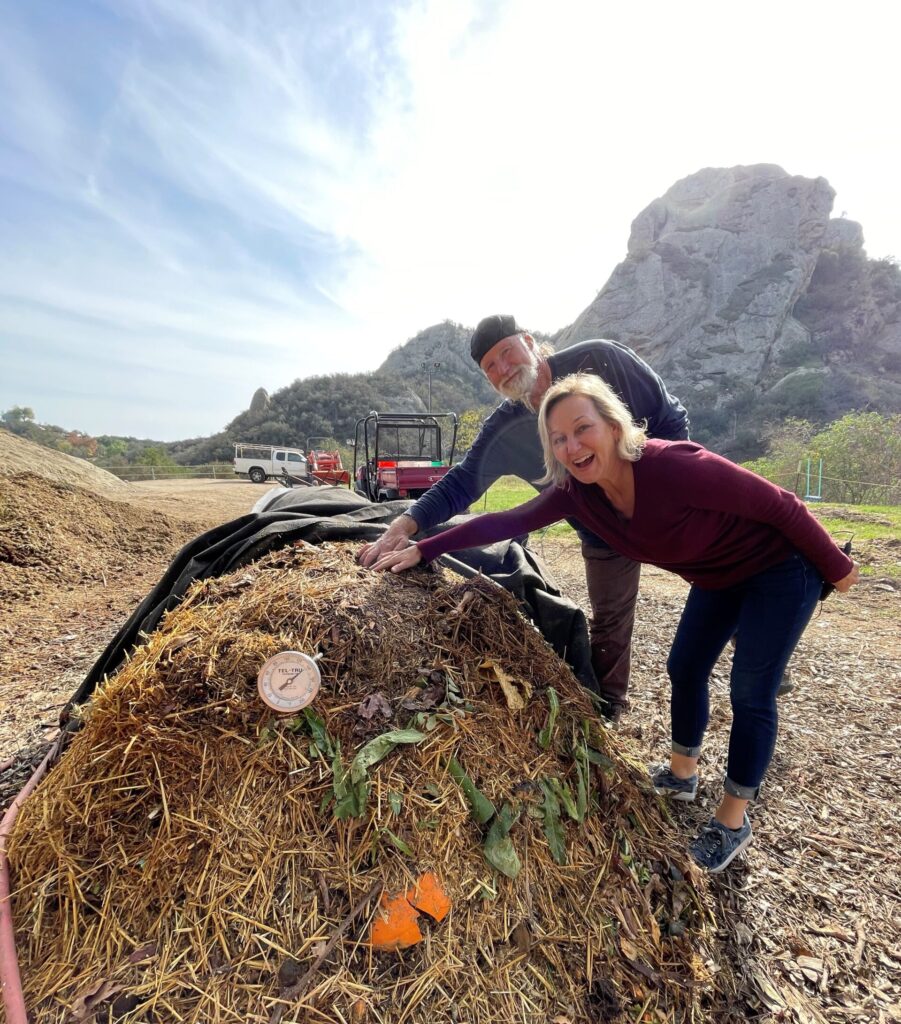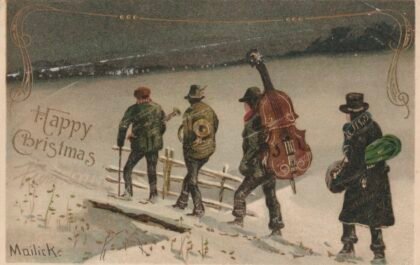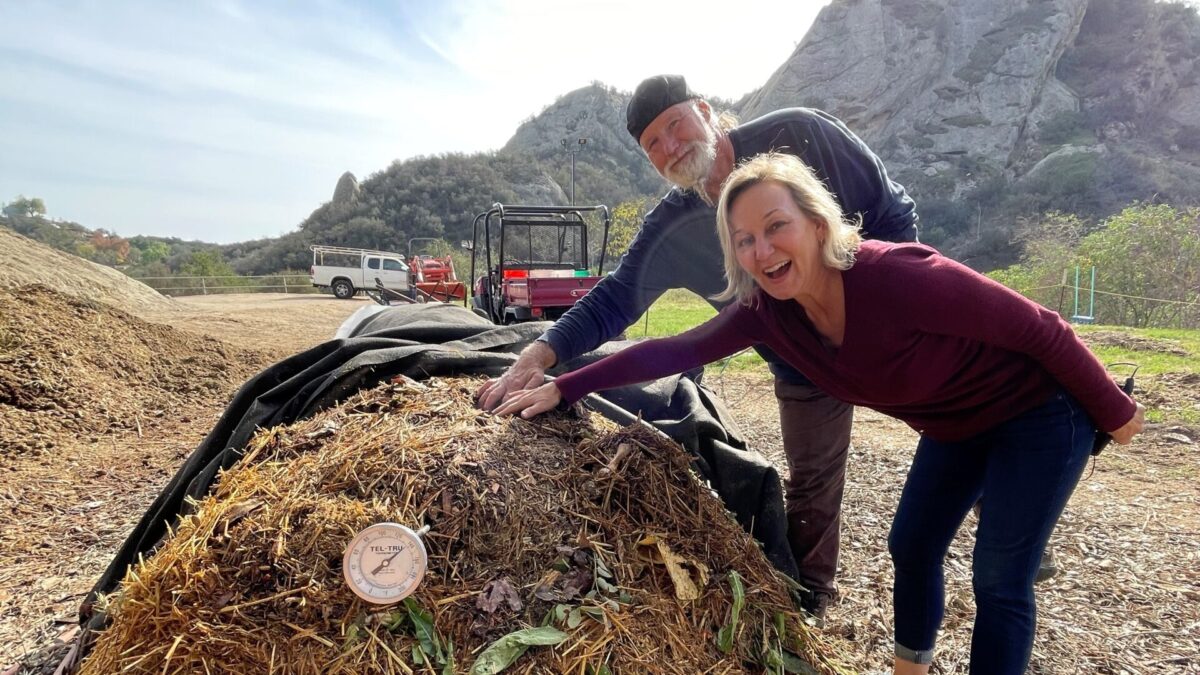
Climate is on everyone’s mind. On Thanksgiving Day, it was 85 degrees in Topanga and due to the Public Safety Power Shutoff, Topanga was sadly the land of raw turkeys. With fire season lasting nearly year-round now, and the drought being a persistent reminder of the desertification of our region, Southern California is really feeling the heat of climate change. But now that the weather is growing colder again, it can be easy to ditch the motivation to do something to improve our climate condition. Plus, it’s hard to know exactly what to do individually to reduce the gigatons of Co2 and methane emissions that we know are warming the planet.
If you’re like me, I vacillate between feeling like a victim of our human and political intransigence and acting like a dog on a rag about getting my kids, the schools, and our local businesses to make significant changes to reduce greenhouse gasses that cause warming. When I’m in this panicked state, climate change is most definitely happening to me.
“Start composting. Eat less meat. Buy an electric car. Install Solar.” These have been my battle cries, and it often feels like a war to get my friends motivated to make a significant change.
My mentor, Paul Hawken, who recently released his newest book on climate resiliency called, Regeneration, endeavors to help us reframe the climate crisis. He says to make real change we must alter the language we use to deal with this crisis. Currently, we speak in metaphors of war (fight climate change, combat warming, etc.). Hawkins suggests that we switch to language which is conducive to transforming our state and describing what it is we really want (regenerate our food systems). By speaking about what we want instead of combating an enemy, we inspire positive action rather than ruminate in climatic suffering. And furthermore, we find ourselves working toward a solution with others. He calls this “a seamless tapestry of action, policy, and transformation.” When I see global warming through this lens, I see it as an opportunity to come together and revive my sense of community.
Santa Monica College sustainability professor and local Topangan Victoria Charles taught me that effective sustainability systems start local and move out from there. That’s why we started Full Circle Compost to help Topanga install local compost systems to generate carbon-rich soil to enrich our gardens and forest, instead of hauling our food waste to Oxnard creating more greenhouse emissions. Victoria and Paul Hawken have shown me that there is a bright side to the difficult issue of climate change if we allow ourselves to see it.
It’s the idea that the many changes we are being asked to make will deepen a true connection to mother earth, and also connect fellow humans more intimately to one another. Through this crisis, we explore our interdependence. My choice to eat less meat can make me more compassionate to all animals and pets. If I compost my food scraps at the Topanga Community Center they can use the soil created in the community garden to feed our seniors. If I use less water and plant native pollinator plants instead of grass, the Monarch butterflies will see the milkweed plants from their flight above and stop over in Topanga on their journey north. This brings beauty and joy to our community and pollinates the flora of the Santa Monica Mountains.
These are small steps when seen individually but when viewed as a web of connection throughout our neighborhoods and towns, they are powerful actions that mitigate climate warming, support local species, reduce waste, and interconnect our people. It changes me. Some naturalists say climate warming is the earth’s immune response to our human species’ Koyaanisqatsi (life out of balance), that the earth is simply bringing itself back into alignment. If this is the case, then the regenerative practices that I do daily not only help bring the earth into balance but also balance myself with community, animals, the atmosphere, and nature itself. Maybe then climate change is happening for my benefit to wake me up and create deeper connections between me and all of life. When I stand in that place, it’s easier to shop for an electric car, separate my trash, and try a vegan diet. I hope it will inspire you to do the same. After all, we live here together on one planet, and I wouldn’t want it any other way.
For those who like lists, climate experts recommend these actions:
PLANT TREES and water them (a mature tree reduces warming gasses by 31 lbs. each year)
EAT LESS MEAT (plants use far less water, less land, less cruelty)
DRIVE NO CAR/ ELECTRIC CAR (clean power is essential for reducing carbon emissions)
COMPOST YOUR FOOD (food waste is third largest emitter of greenhouse gasses)
CONSERVE WATER and POWER (use less so we need to make/take less)
EDUCATE GIRLS (education leads to more choice, fewer people, stronger global economy)
LEARN TO GROW MY OWN SALAD GREENS THIS YEAR (connect with soil, my garden, and food)





